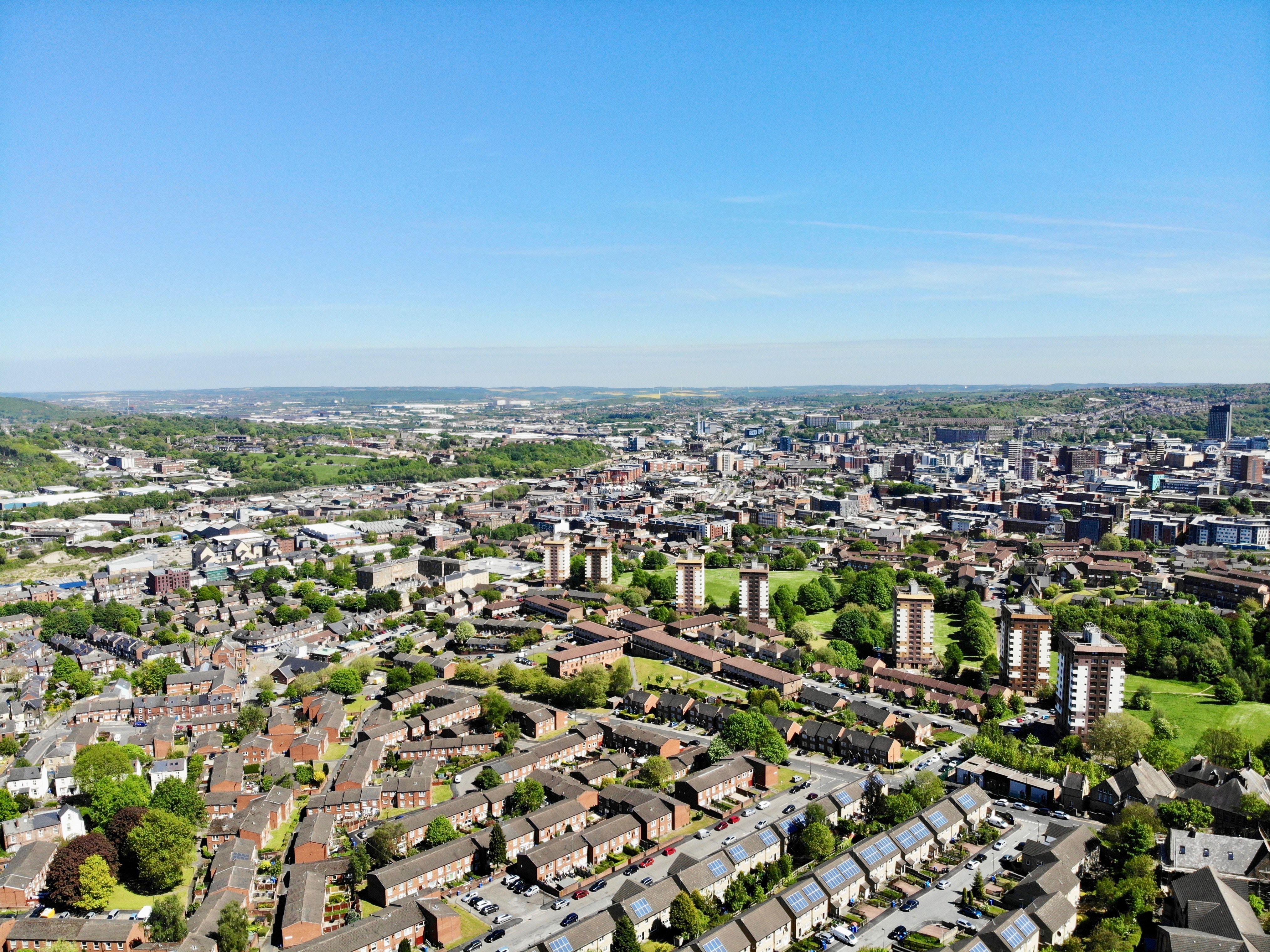Yesterday the Housing Secretary, Michael Gove announced a series of measures to facilitate delivery of new homes and unblock the beleaguered planning system. Mr Gove has confirmed the 300,000 new homes a year target remains in place and has announced a £24m planning skills delivery fund to help clear the planning backlog. A consultation on reforming Local Plans will take place, while new plans to enable conversions of shops and repurpose agricultural buildings have been shared. But will this be enough? Our Director, Trevor Wells discusses…
“Yesterday’s announcements were intended to clearly outline how the government will ease the path to the delivery of new homes, but in reality, have raised more questions than answers. The focus on brownfield land and building homes in “cities rather than the countryside” appears to be the first stumbling block.
“We’ve tried to develop on brownfield land before to meet housing need, and it failed miserably for all the same reasons it is equally impracticable to try again now. There is simply not the spare land in cities needed for new homes, and the idea of converting shops and takeaways to houses is likely to be of only very limited use in most cases. Plus it will only serve to further diminish town centres by losing the ability to shop locally. Whilst some districts/boroughs do have redundant factories and complexes, these have largely already been developed in the locations where people want to live.
“In addition, forcing redevelopment of cities could also lead to increased pressure on employment land. If these parcels are redeveloped for housing, then there are less and less employment opportunities for the occupants of these new houses.
“It is inevitable that with our population rising rapidly, longer life expectancies and trends in property occupation, we must accept that the UK will only meet its increasing housing need if greenfield land is brought forward. But this must be done in a way that is environmentally and ecologically sensitive. New developments that are not “crammed in” and instead, embrace green space; environmental net gain; solar, ground source and air source technologies; and sustainable travel plans. New settlements should be able to be self-supporting with the required infrastructure, employment and services.
“Whilst it is welcome news that the re-use of agricultural buildings and factories is to be encouraged, this will only help supply limited numbers, not the hundreds of thousands the government has pledged per year.
“The most significant challenge, though, remains the under-resourced councils which, in my experience, is the cause of huge delays getting development sites through the planning system. While investment in upskilling and getting “experts” in place is a step in the right direction, further consultation over local planning reform will only lead to more confusion, uncertainty and a lack of decision making. New homes need to be delivered at pace, and while it seems these proposals should have improved business confidence, in reality it’s too little too late.”

